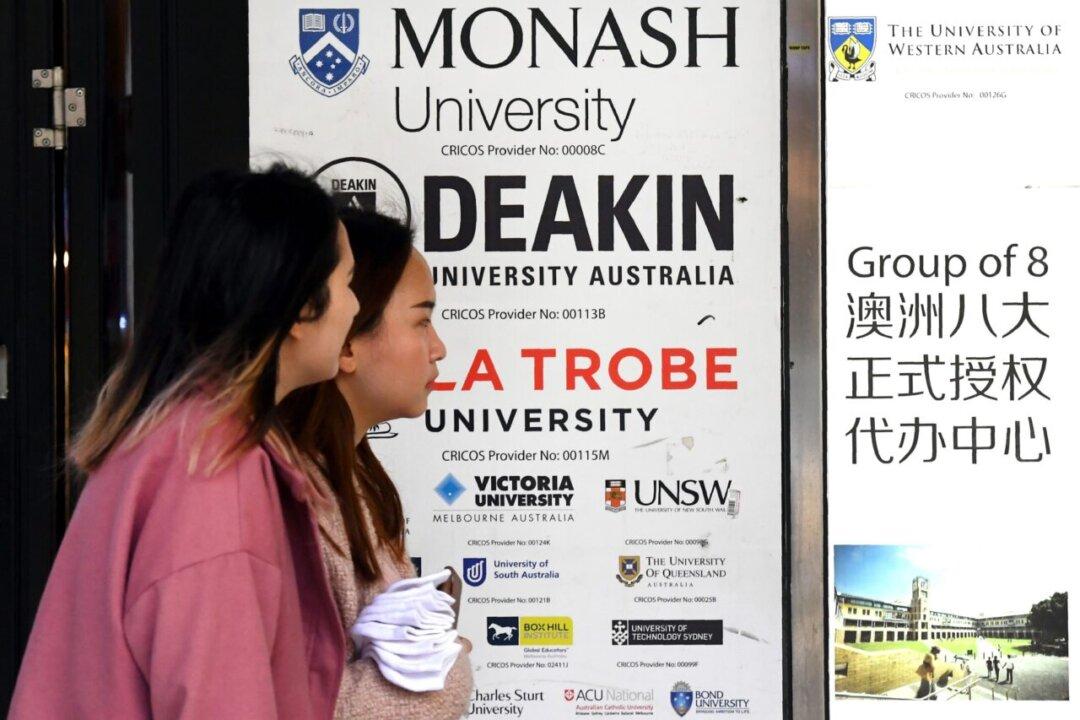A former pro vice chancellor at Murdoch University has warned about the risk of turning Australia’s universities into “education factories” that graduate people with poor skills and critical capability who could be easily influenced by the pervasive “woke culture.”
Gabriel Moens, who is also an emeritus professor of law at University of Queensland, pointed out that the current education policy, which focuses on expanding universities and TAFE by increasing funding, has “taken the process of democratisation too far.”




